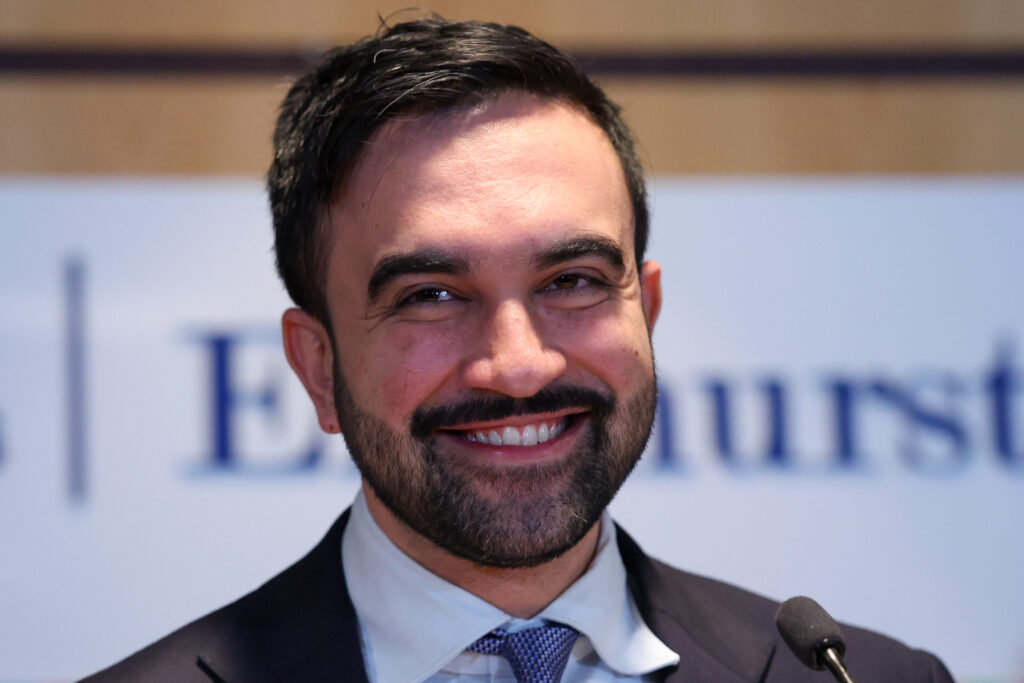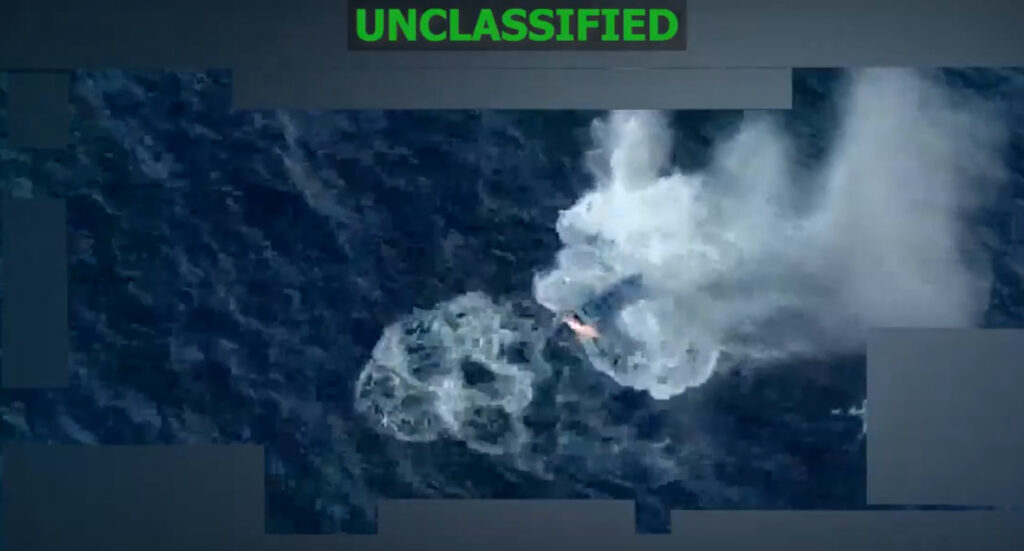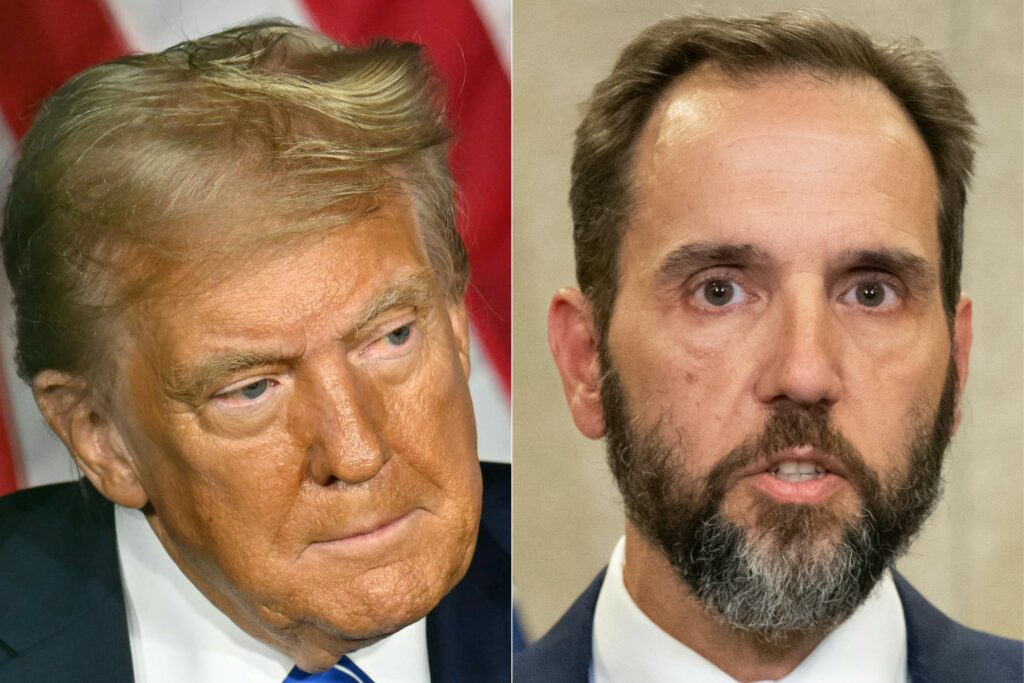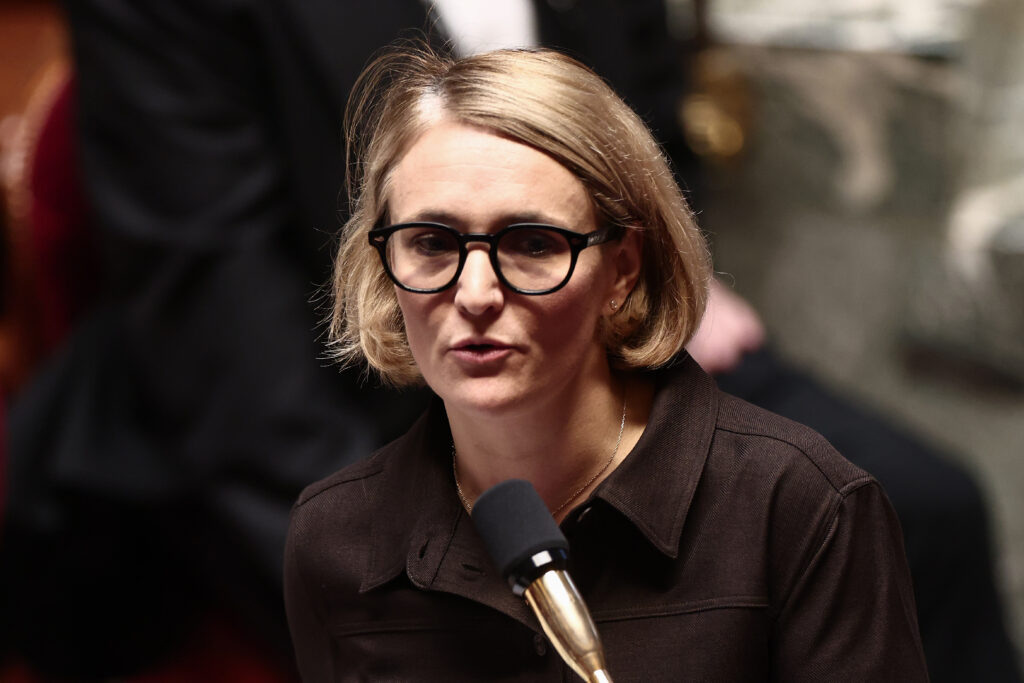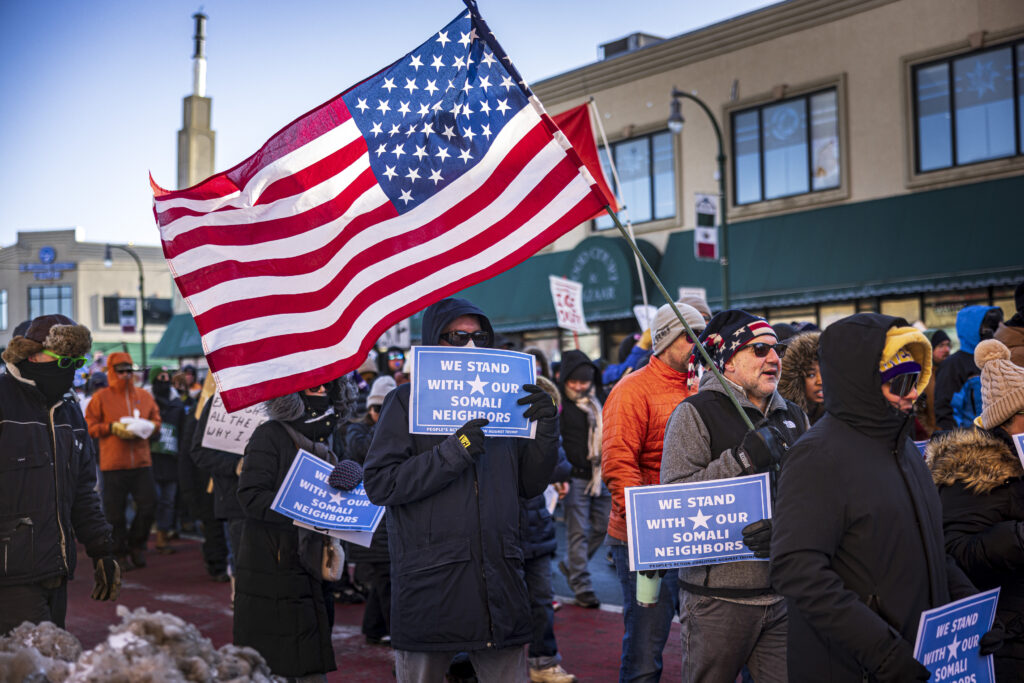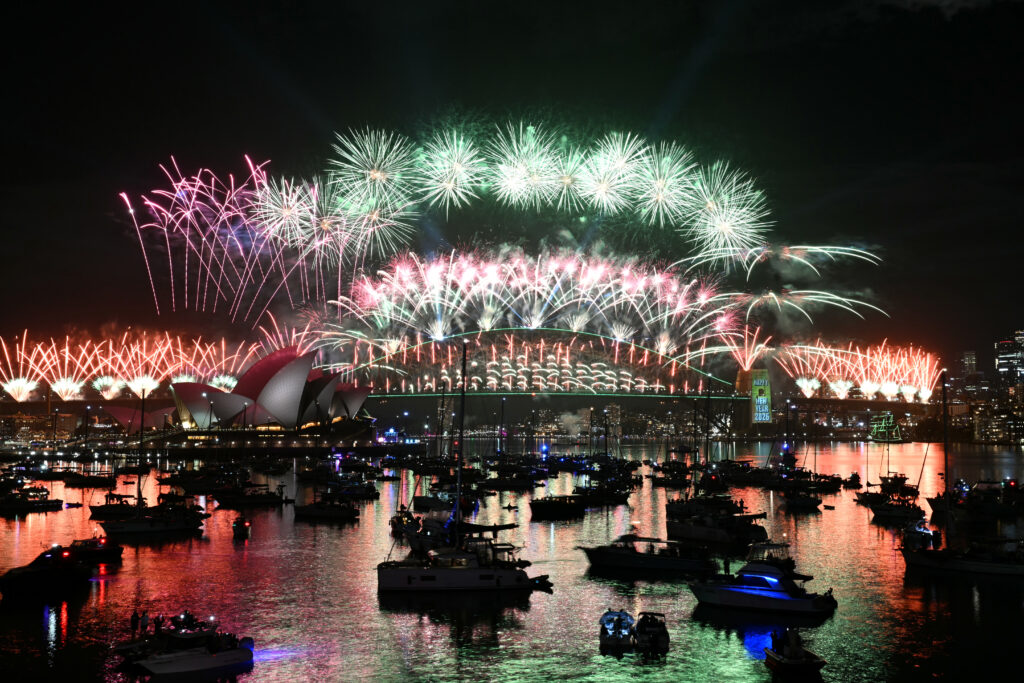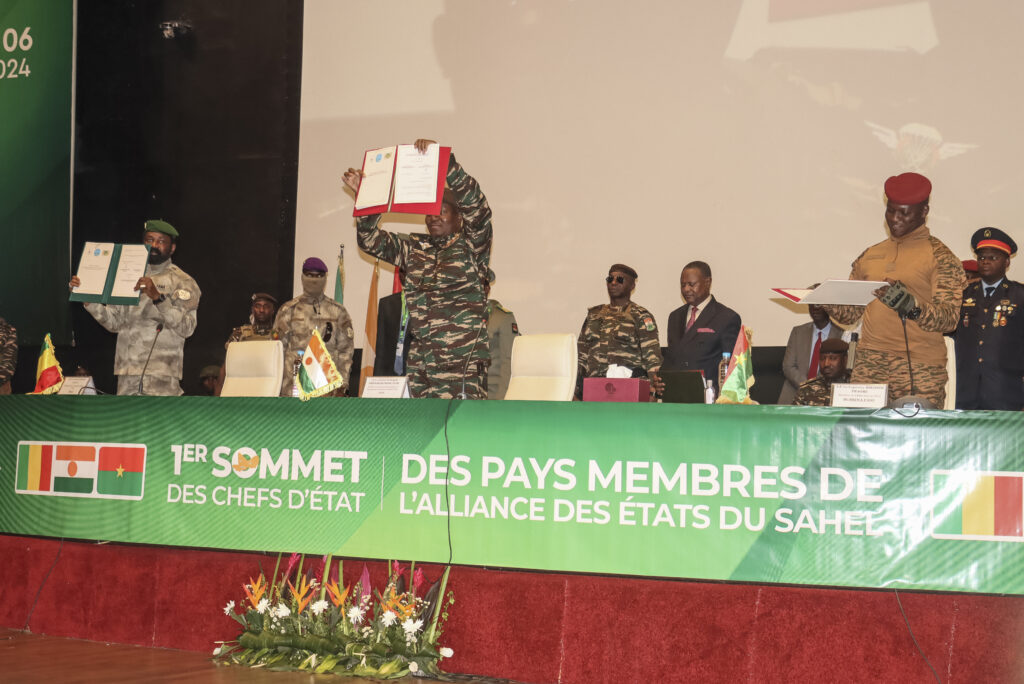Leftist Mamdani to take over as New York mayor under Trump shadow
Zohran Mamdani, the young upstart of the US left, was readying Wednesday to take over as New York mayor for a term sure to see him cross swords with President Donald Trump.After the clocks strike midnight (0500 GMT Thursday), bringing in 2026, Mamdani will take his oath of office at an abandoned subway stop, taking the helm of the United States’ largest city. He will be New York’s first Muslim mayor.His office says the understated venue for the swearing-in reflects his commitment to working people, after the 34-year-old Democrat campaigned on promises to address the soaring cost of living. “Our campaign was built around listening to the people of New York, and we will govern in the same way. Tomorrow, we get to work,” Mamdani said Wednesday on X.But it remains to be seen if Mamdani — virtually unknown a year ago — can deliver on his ambitious agenda, which envisions rent freezes, universal childcare and free public buses.Once an election is over, “symbolism only goes so far with voters. Results begin to matter a whole lot more,” New York University lecturer John Kane said.How Trump handles Mamdani’s arrival at City Hall could be a decisive factor. The Republican, himself a New Yorker, has repeatedly criticized Mamdani, but the pair held surprisingly cordial talks at the White House in November.Lincoln Mitchell, a political analyst and professor at Columbia University, said the meeting “couldn’t have gone better from Mamdani’s perspective.”But he warned their relationship could quickly sour. One flashpoint might be immigration raids as Trump wages an expanding crackdown on migrants across the United States.Mamdani has vowed to protect immigrant communities.Before the November vote, the president also threatened to slash federal funding for New York if it picked Mamdani, whom he called a “communist lunatic.”The mayor-elect has said he believes Trump is a fascist.- Block party -Mamdani’s private swearing-in at midnight to start his four-year term will be performed by New York Attorney General Letitia James, who successfully prosecuted Trump for fraud.A larger, ceremonial inauguration is scheduled for Thursday with speeches from left-wing allies Senator Bernie Sanders and Congresswoman Alexandria Ocasio-Cortez.Around 4,000 ticketed guests are expected to attend the event outside City Hall.Mamdani’s team has also organized a block party that it says will enable tens of thousands of people to watch the ceremony at streetside viewing areas along Broadway.In a first for the city, Mamdani will use several Korans to be sworn in as mayor — two from his family and one that belonged to Puerto Rico-born Black writer Arturo Schomburg, The New York Times reported.The new job comes with a change of address as he swaps his rent-controlled apartment in the borough of Queens for the luxurious mayor’s residence in Manhattan.Some had wondered if he would move to the official mansion given his campaigning on affordability issues. Mamdani said he is doing so mainly for security reasons.Born in Uganda to a family of Indian origin, Mamdani moved to New York at age seven and enjoyed an elite upbringing with only a relatively brief stint in politics, becoming a member of the New York State Assembly before being elected mayor. Compensating for his inexperience, he is surrounding himself with seasoned aides recruited from past mayoral administrations and former US president Joe Biden’s government.Mamdani has also opened dialogue with business leaders, some of whom predicted a massive exodus of wealthy New Yorkers if he won. Real estate leaders have debunked those claims.As a defender of Palestinian rights, he will have to reassure the Jewish community of his inclusive leadership. Recently, one of his hires resigned after it was revealed she had posted antisemitic tweets years ago.
